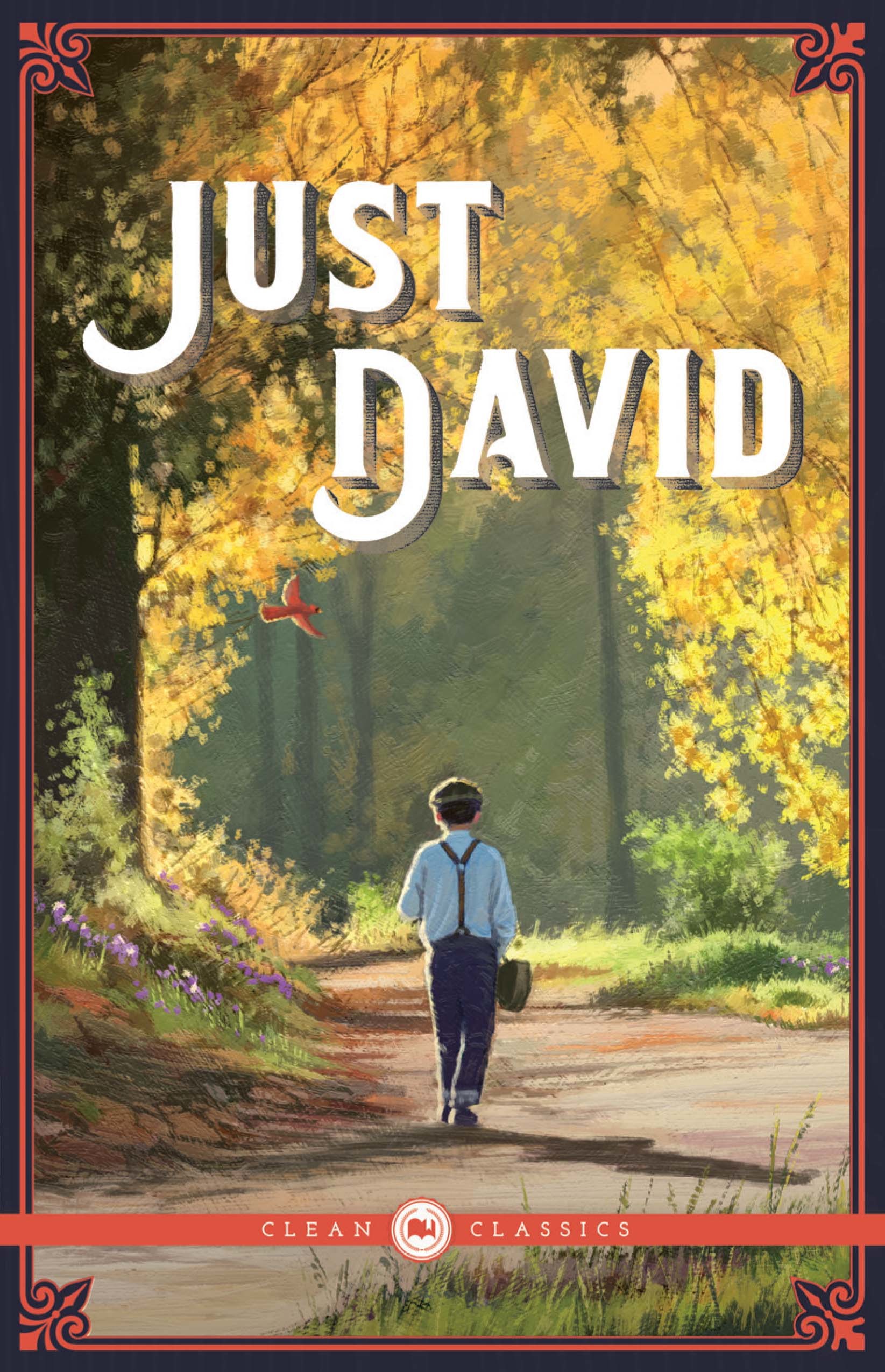Two Letters
byTwo Letters arrives at a turning point in David’s world, as he begins to confront a future shaped by absence. He wakes in a strange bed, aware his father is gone, yet he clings to the idea of returning to the mountain, hoping his father will meet him there. The room feels foreign, and the people in it—well-meaning but unfamiliar—cannot replace what he has lost. Perry Larson, though kind, cannot ease David’s quiet resistance. He offers food and conversation, but David, overwhelmed by grief and confusion, retreats inward. To him, leaving the mountain was only ever a temporary part of a shared journey. Now, standing alone in a place with walls instead of trees, his longing grows heavier. Every adult around him speaks with concern, but none speak his language of nature, trust, and melody.
The grown-ups, especially Mr. Higgins and the Hollys, try to piece together David’s story. They turn to the few belongings left behind—clothes, a violin, and two letters. One letter, found with his father, offers little clarity. Instead of naming guardians or giving practical instructions, it speaks vaguely of releasing David to the world’s care, a message rooted more in philosophy than legality. The words confuse everyone but David, who sees in them a continuation of his father’s love and belief in him. The second letter, sealed and meant for David, is finally placed in his hands after an attempt to return him home fails. In it, his father encourages him to explore the world as a beautiful place filled with lessons, people, and music waiting to be understood.
Reading the letter fills David with a mixture of sorrow and peace. The finality of his father’s absence begins to settle in, yet the words also become a guiding star. His father’s faith in him, even in death, anchors David against the currents of loss. Though the adults focus on what will happen next—who will take care of the boy and how the burial should proceed—David is already beginning to follow the path laid out for him. For him, the journey isn’t about survival but discovery. Every corner of the world holds something new to hear, to see, or to play. The violin becomes not just an instrument but a memory made audible, keeping his father’s voice near even when silence surrounds him.
The letter is written with tenderness, not instruction, which David reads as both a challenge and comfort. He starts to accept that life outside the mountain may hold meaning if he looks for it through the same lens his father taught him to use. Nature, beauty, and music were always at the heart of their shared world, and David begins to carry those values into this unfamiliar reality. Meanwhile, the adults still view the boy as a puzzle to solve—where he comes from, what to do with him, how to manage the loose ends of a man who seemed to live outside convention. Yet with each page of the letter, David grows more certain. He is not lost; he is on a quest.
This chapter powerfully contrasts adult responsibility with childlike faith. Where grown-ups search for rules, David seeks meaning. His way of seeing doesn’t come from instruction or discipline, but from living deeply and noticing fully. It’s a quiet rebellion, not against people, but against a life that forgets to wonder. The letter does more than explain his father’s decision—it affirms David’s place in the world as someone who is wanted, guided, and loved. And while the villagers may not yet understand the boy with the violin, it is clear he will leave an imprint not through demands, but through the gentle music of his presence. As the chapter closes, the world feels both bigger and more personal. David, now armed with words written just for him, prepares to step forward—not as a lost child, but as someone carrying a story only he can tell.

